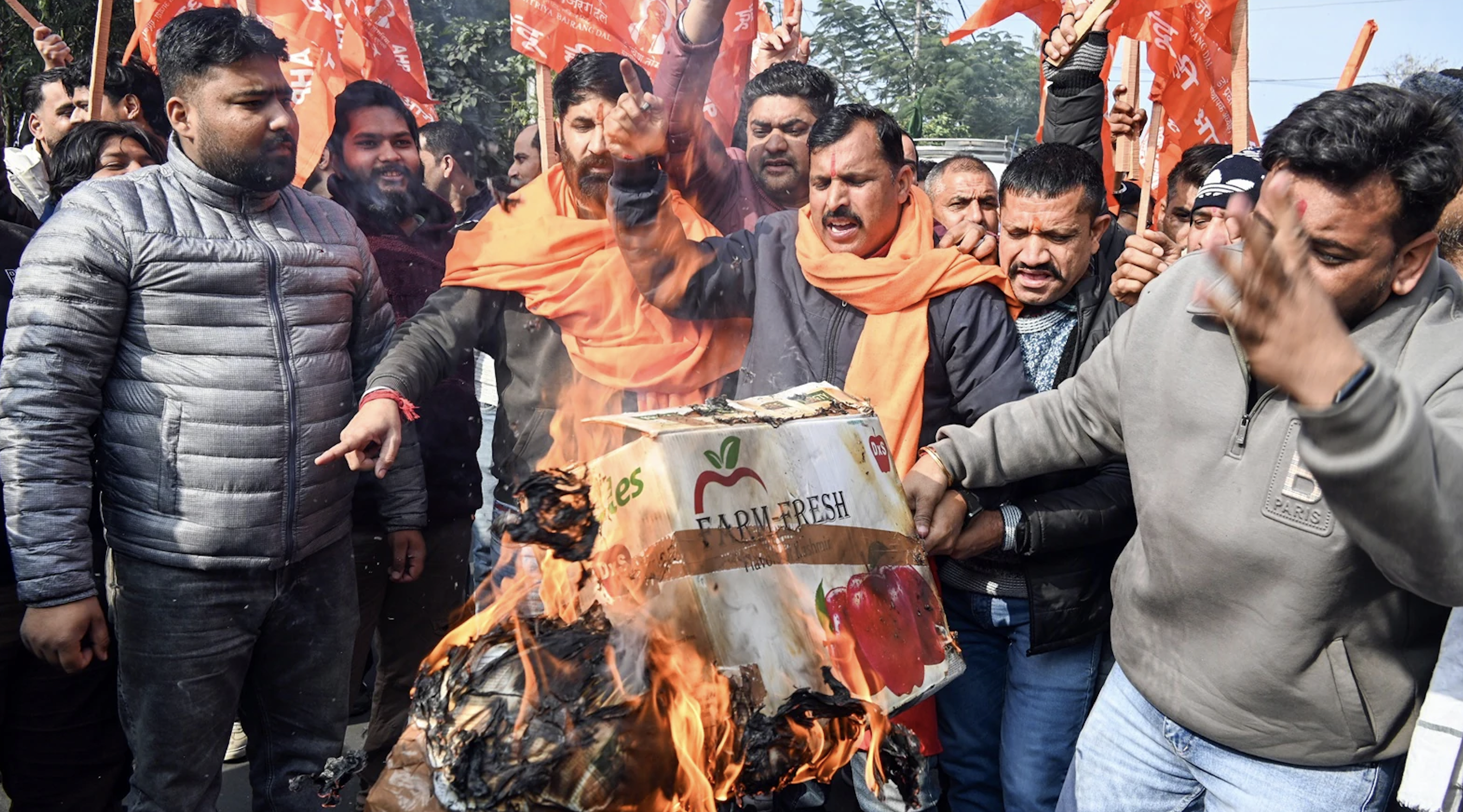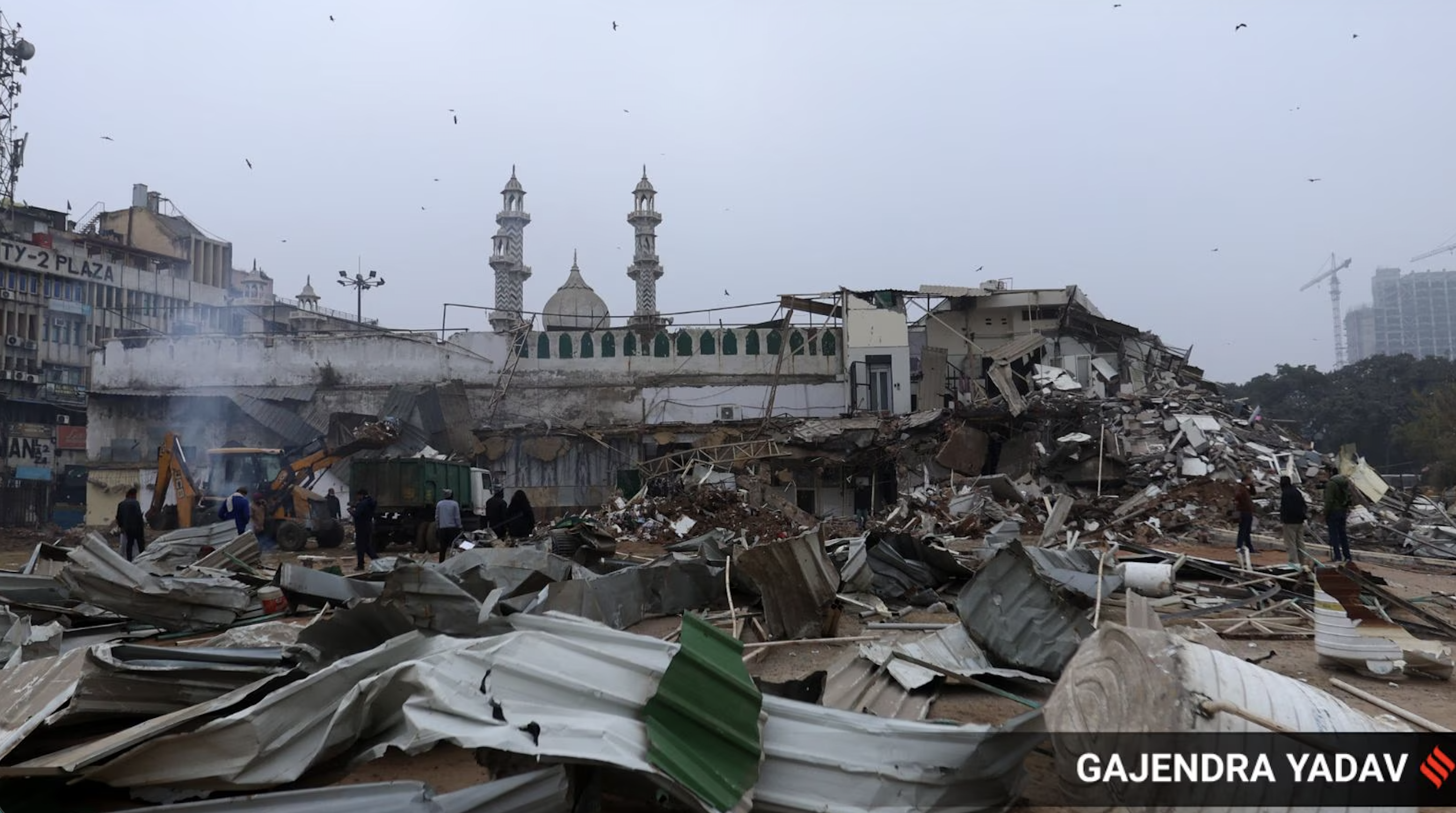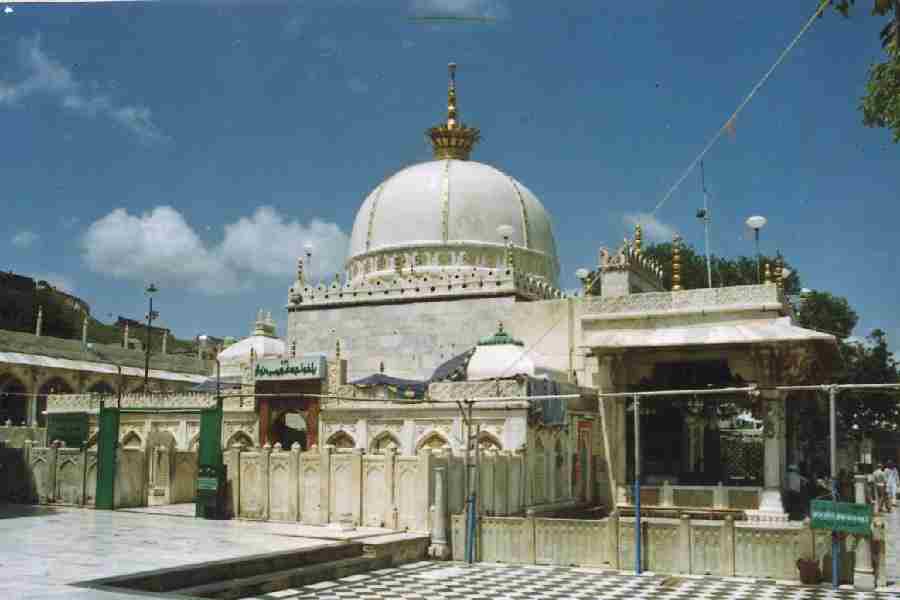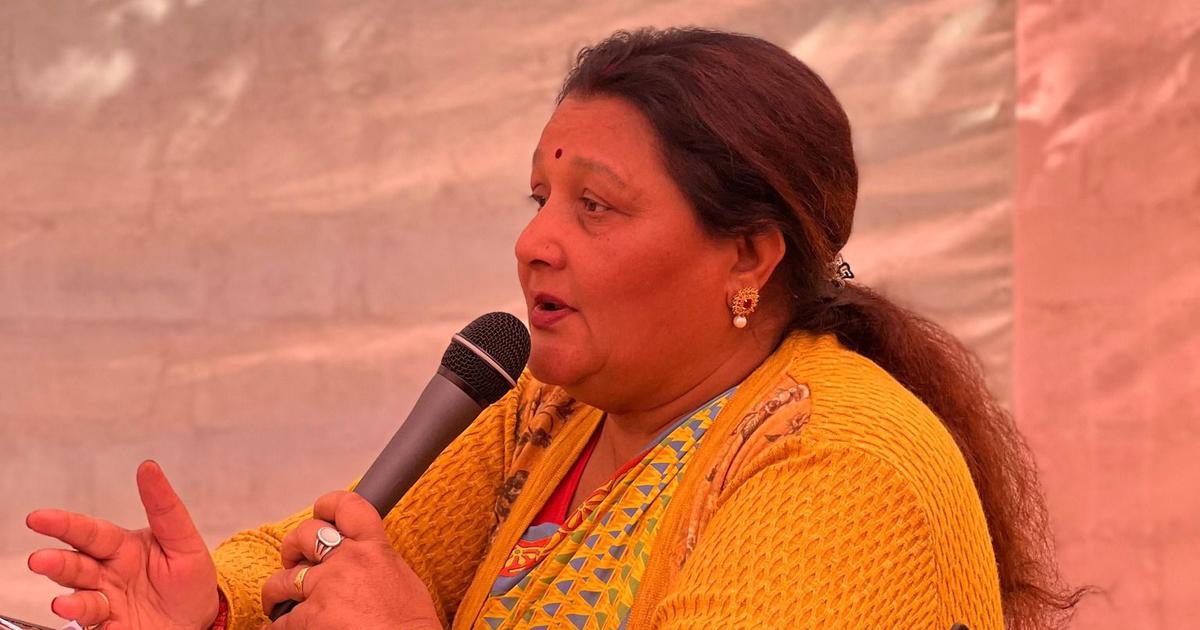Journalists are being expelled, investigated and raided by the Modi government.
By Rana Ayyub
Journalism has become a dangerous occupation in India.
Indian journalists, especially from the region of Kashmir, have been incarcerated on terrorism charges or forced to self-censor. Elsewhere in the country, journalists’ homes have been raided and some have been charged with money laundering and income tax evasion. Many have been jailed before their cases are adjudicated. India ranks 161st out of 180 countries in the World Press Freedom Index, published annually by Reporters Without Borders.
In the past few months, two foreign journalists — one a bureau chief with the Australian Broadcasting Corp., one a French reporter who had lived in India for 23 years — had their credentials revoked or blocked for renewal, and left the country after the government criticized their work.
To find out more about the state of journalism in India, Post columnist Rana Ayyub interviewed N. Ram, a veteran journalist and former editor in chief of the Hindu, one of the most respected publications in the country, at his home base in Chennai.
This interview has been edited for length and clarity.
Rana Ayyub: The Indian election has begun. And there is an inevitability to it, in the sense that Narendra Modi will have a third term. What do you think will happen?
N. Ram: Yes, people do expect the BJP [Modi’s Bharatiya Janata Party] to emerge with enough numbers, either by itself or with allies, to form the next government. But we don’t know. I wouldn’t despair at this point at all, although Hindutva [Hindu-centric] authoritarianism is very aggressive. A lot of it is clearly against the spirit and values of the constitution and in some cases also against the letter of the constitution.
This story was originally published in washingtonpost.com. Read the full story here.






